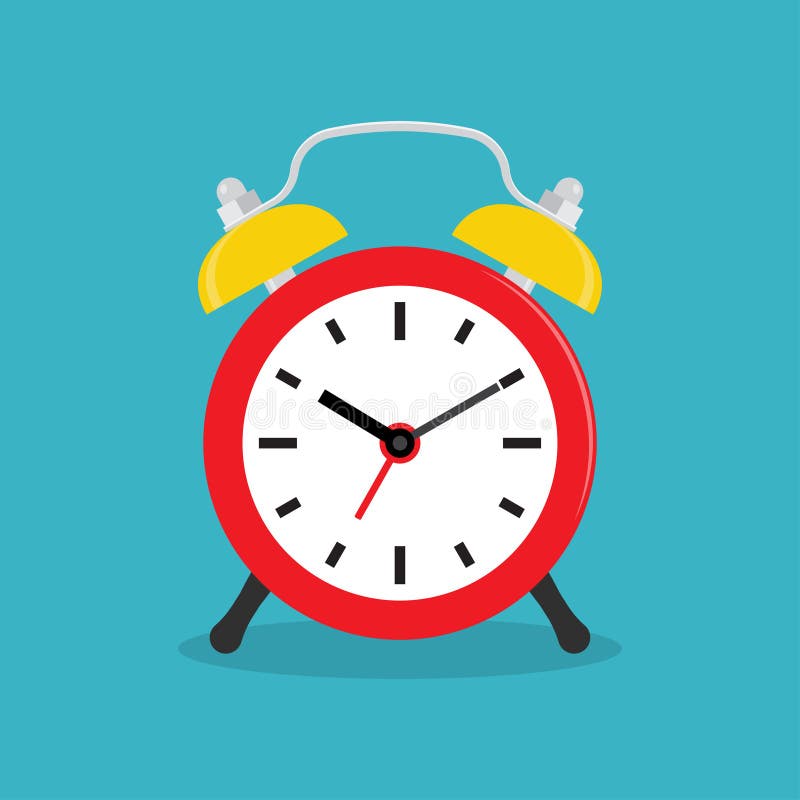

And when sleep disruptions occur, men and women tend to respond differently. In broad comparisons of men and women, differences in sleep quality and quantity also crop up due to biological factors, says Mayank Shukla, MD, a sleep specialist and pulmonologist in New York City. Multiple factors can interfere with sleep, from an overheated bedroom and lack of daytime physical activity to underlying issues such as sleep apnea and stress. If you’ve ever struggled through a night (or five) of tossing and turning, you probably know that great slumber isn’t always as easy as hitting the sack and shutting off the lights. More than 33% of American adults aren’t getting enough sleep, according to the Centers for Disease Control and Prevention. Here’s a breakdown of recommended sleep durations across age brackets: You don't need a sleep calculator to get a sense of your nightly target, according to the National Sleep Foundation. The younger you are, the more ZZZs you generally need. Let’s start with the baseline range: Most adults should aim for seven to nine hours of sleep a night to feel their best, says Douglas Kirsch, MD, FAAN, FAASM, medical director of sleep medicine at Atrium Health, a healthcare organization in Charlotte, North Carolina.
WAKE UP TIME CALCULATOR HOW TO
Here’s how to figure out the best sleep plan for you. The answers depend on a range of personal factors, sleep specialists say. But how much sleep do you really need? And could a sleep calculator or high-tech gadget help you get it?

Given all that, wanting to score the best slumber possible makes sense. By the same token, getting too little sleep is linked with a range of negative health effects. The brain creates pathways for learning and memories, for instance, and certain tissues regenerate. As researchers continue to uncover new insights about this complex biological process, it’s clear that a lot of important stuff happens when we snooze. Sleep-deprived people will need to sleep extra hours until they recover.Along with nutrition and physical activity, sleep is a cornerstone of good health.However, as the tendency of waking more frequently at night, they may need to compensate the sleep by short naps during the day. Older adults need the same amount of sleep as young adults.Later in pregnancy, most women experience the trouble of getting enough deep, uninterrupted sleep. For pregnant women, they may feel extra-tired and sleep more than usual during the first 3-month of their pregnancy.These values are the average recommended hours of sleep required for your age and health group: Average Sleep Needs by Age There is a big difference between the amount of sleep you can get by on and the amount you need to function optimally. Rem sleep calculator Rem sleep cycle calculator During this stage, your arm and leg muscles are paralysed. Your eyes move rapidly, your breathing shallows, and your heart rate and blood pressure increase.

REM sleep (this is where dreams occur) – time to get there is approximately 70 to 90 minutes after falling asleep. Blood flow is directed away from your brain and towards your muscles, restoring physical energy. In this deepest stage of sleep, your brain waves are extremely slow. Third stage also known as "deep sleep" – in this stage it's difficult to awaken, and if you forcibly wake up, you do not adjust immediately and often feel groggy and disoriented for several minutes.

Your eye movement stops, heart rate slows, and body temperature decreases. Second stage also known as "light sleep" – This is the first stage of true sleep, lasting from 10 to 25 minutes. Your eyes move slowly under the eyelids, muscle activity slows down, and you are easily awakened. Each cycle typically lasts about 90 minutes and repeats four to six times over the course of a night.įirst stage also known as "transitional sleep" – it lasts for about five minutes. Together, REM and non-REM sleep stages form a complete sleep cycle. During the night, sleeping follows a predictable pattern, moving back and forth between deep sleep and REM sleep.


 0 kommentar(er)
0 kommentar(er)
